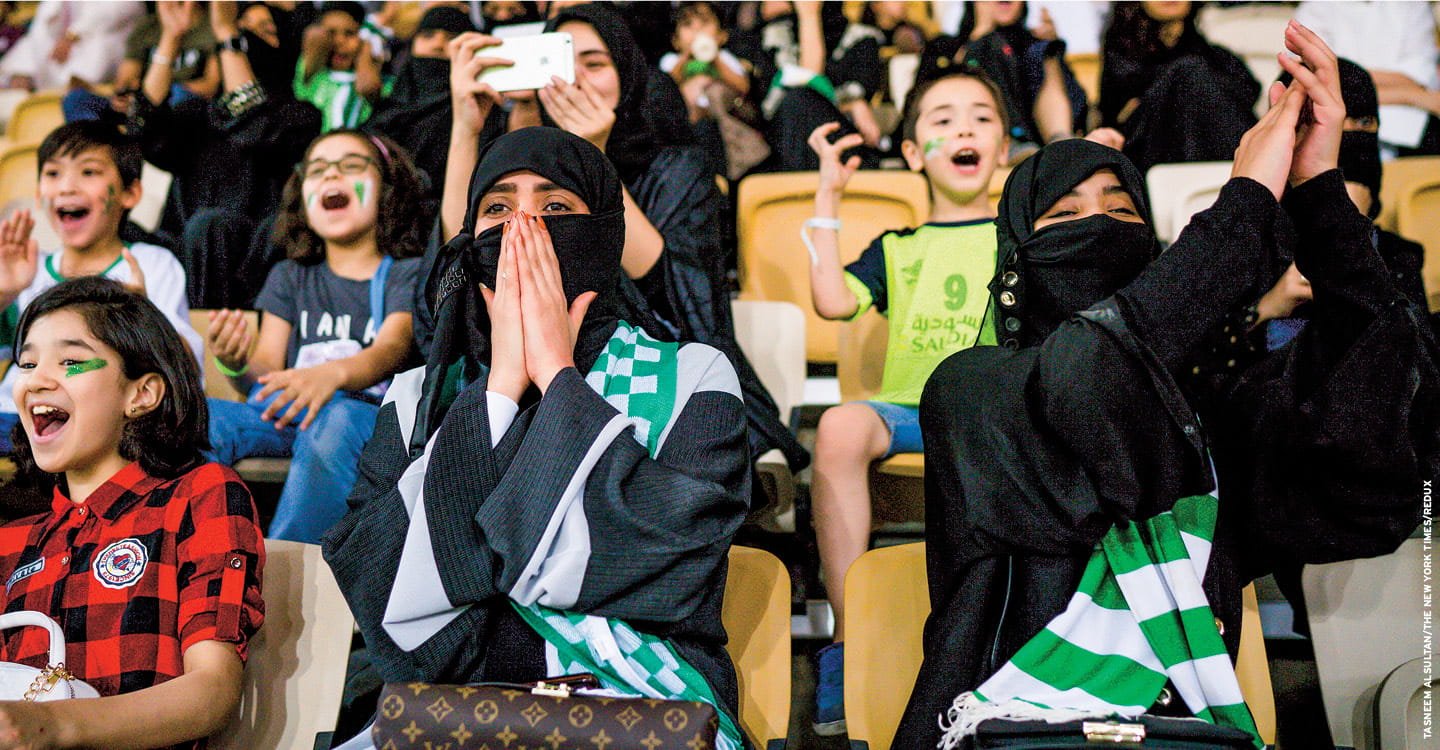When Raghda and Rafaa Abuazzah declared two years ago that they wanted jobs in a coffee shop in Medina, their parents were horrified. Saudi Arabia had just made it legal for women to decide for themselves if they want to work outside their homes, but that didn’t change their father’s attitudes about what was appropriate for his daughters.
“What will people say? You’ll be in public!” he exclaimed. “It’s fine to work in an office because no one can see you there. But how can you work with men?”
His reaction was typical of many parents in Saudi Arabia.
In the past three years, this socially and religiously conservative country has implemented a rash of changes giving women rights and freedoms they’ve never before had. In addition to the right to work, women have gained the right to drive, to travel, to attend sporting events, and to keep custody of their children without a man’s permission.
Two years ago, Raghda and Rafaa Abuazzah declared that they wanted jobs in a coffee shop in Medina. The announcement horrified their parents. Saudi Arabia had just made it legal for women to decide for themselves if they want to work outside their homes. Despite that, their father hadn’t changed his views about what was suitable for his daughters.
“What will people say? You’ll be in public!” he exclaimed. “It’s fine to work in an office because no one can see you there. But how can you work with men?”
His reaction was typical of many parents in Saudi Arabia.
In the past three years, things have shifted in this socially and religiously conservative country. There has been a wave of changes giving women rights and freedoms they’ve never before had. Women have gained the right to work. In addition, they’ve gained the right to drive, to travel, and to attend sporting events. And they can even keep custody of their children without a man’s permission.

